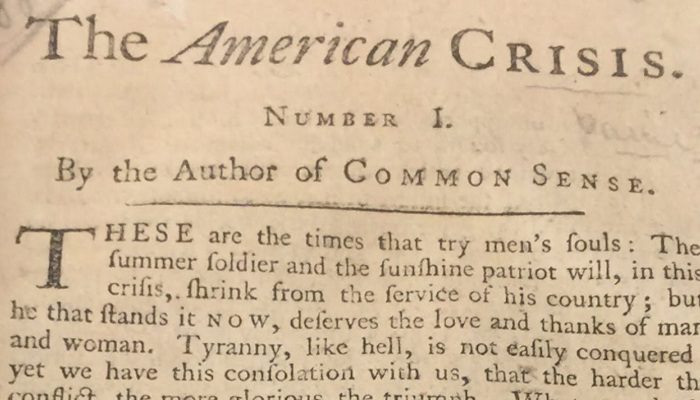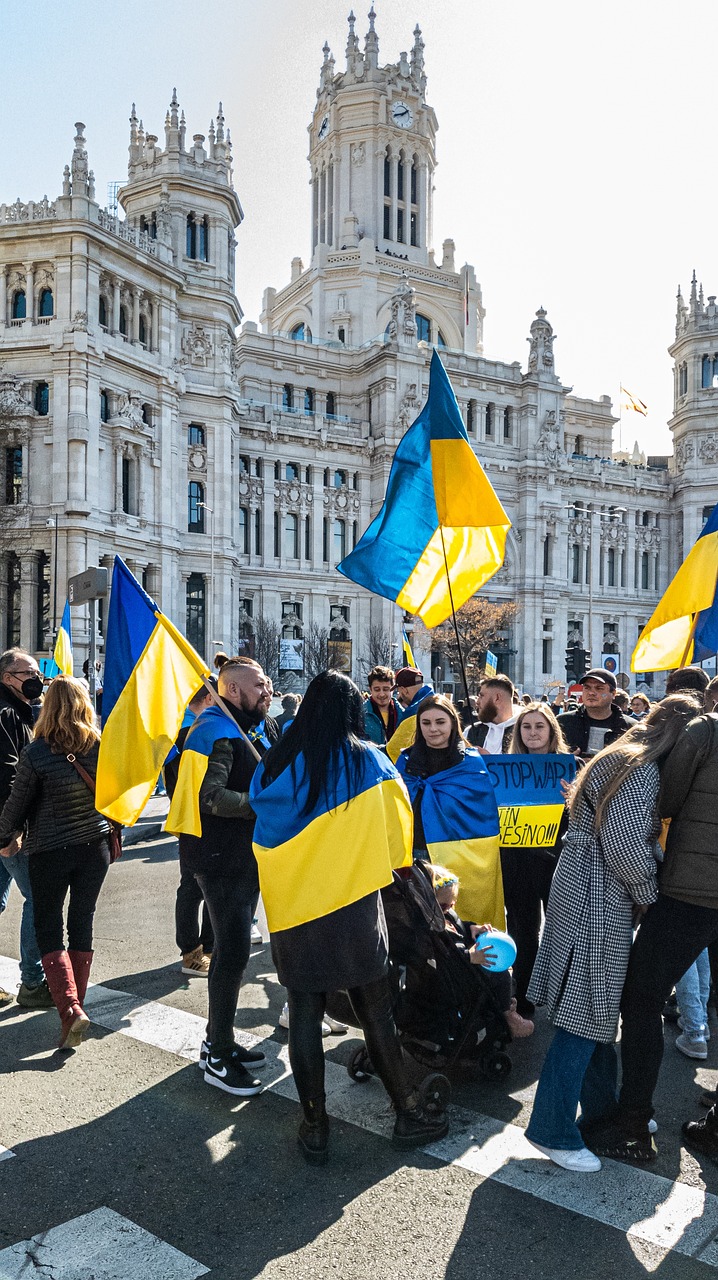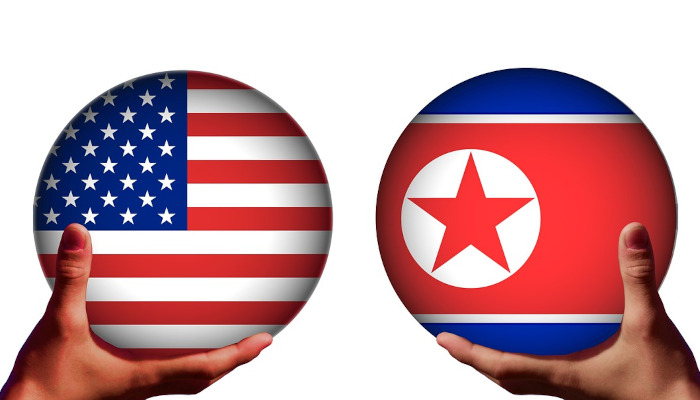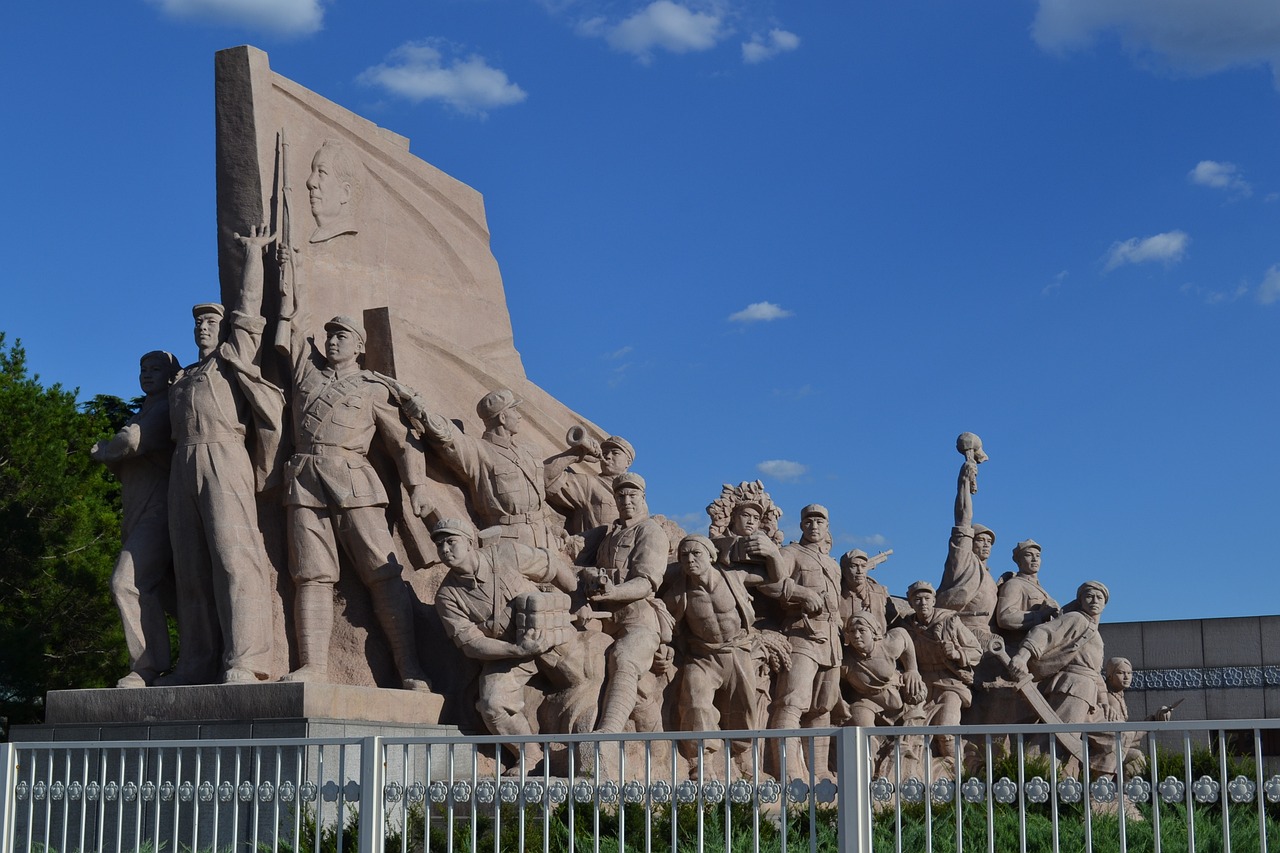
Pro-Hamas demonstrations are scaring moderates into support of Israel. Yet Russia may need the protests while Israel needs to provide a political solution for Gaza
Loud pro-Palestinian protests are spreading in many Western countries—it is a fact. However, the meaning of this phenomenon is less clear and obvious. Some argue that the protests indicate a shift in Western public opinion regarding Israel (officially supported) and Hamas (officially opposed). Indeed, these protests surface a wave of new immigrants from Muslim countries who are vocally anti-Israeli. They revive Western anti-Jewish sentiments, which were long dormant and now seem legitimized by the Israeli army’s “hideous massacres of the Gazans.”
There is undoubtedly that aspect, but perhaps the situation is much more complex. The protesters are mostly marginalized individuals who would struggle to survive under Hamas’ rule or in many Muslim countries with little tolerance for anti-government demonstrations. Yet, they suffer in Western countries where they feel like second-class citizens and often fail to integrate or feel at home.
They represent a growing phenomenon of global disorientation. These are people who haven’t settled in their host countries but would be even worse off if they returned to their homelands. All in all, they demonstrate the strength and resilience of their Western host countries, which can tolerate them and should strive to integrate them.
However, their suffering leads to another outcome. These protesters intimidate the silent majority of Western citizens and the governments of many Muslim countries, swaying them to favor Israel. Historically, many European countries were not very supportive of Israel in its conflicts with Arab neighbors. During the Six Days War in 1967 and the Yom Kippur War in 1973, many European countries remained aloof and opposed arms deliveries to Israel, even though there were no anti-Israeli protests in the streets.
Now, not only are all Western governments supportive of Israel, but many Muslim countries are as well. They all feel burned by experiences with Muslim extremists. Especially Muslim nations feel exploited by successive waves of radicals attempting to hijack Islamic agendas. From Al Fatah to Al Qaeda, then ISIS, and now Hamas, these groups have blackmailed Muslim countries and plagued the world with terrorist attacks. They have delivered nothing but chaos and have only been subdued by military defeat, not peaceful reasoning.
Like its predecessors, Hamas has no politically sensible proposal or feasible political goal. Advocating for the end of Israel only heralds the end of Hamas. The experience of the past 60-50 years then prompts many to approve actions by Israel in Gaza, regardless of any official and formal statements. The protests further convince them that Hamas must be dealt with at any cost.
If this is the underlying trend, the alleged Russian or Chinese support for the protests further solidifies general sentiments—it’s all part of a broader conflict that must be firmly managed. This also creates some rifts between Russia and China, and Muslim countries, which would prefer to side with Israel instead of its adversaries.
Nothing is black and white, and nothing will change overnight, but major trends seem to be moving contrary to the superficial ripples. Israel could emerge stronger than ever in the Middle East after the war, and Russia and China could find themselves on the losing side if they do not adjust their course.
In fact, the longer the pro-Hamas demonstrations go on in the West, the greater the popular support for Israel among all moderates in the world. Therefore, Hamas has been defeated twice, once on the battlefield and the second time with global public opinion. If Hamas had any real political strategy, it would try to negotiate an agreement as soon as possible to change tactics and see if there is a possibility for political survival. Only Russia, now engaged in a new offensive in Ukraine, has an interest in carrying on with the war in Gaza and protests in western streets. They distract the world from the brutal war that Moscow is trying to survive.
Still, the protests also highlight something different—so far, Hamas’s unrealistic demands have found no political response in Israel. It’s possible that, like the Americans did during WWII, Israel and its allies are preparing a response that will be revealed after the hostilities end. Yet, a viable political solution for Gaza is necessary from Israel. The fact that Hamas is unreasonable does not justify an Israeli absence of a viable political pathway for Gaza.
In all of this, the Holy See must be involved. There are Palestinian Catholics in Gaza and the West Bank, and they maintain strong ties with their Muslim compatriots. A political solution for Gaza must also go through them.
finis










Israele: una vittoria sotto mentite spoglie? - SettimanaNews